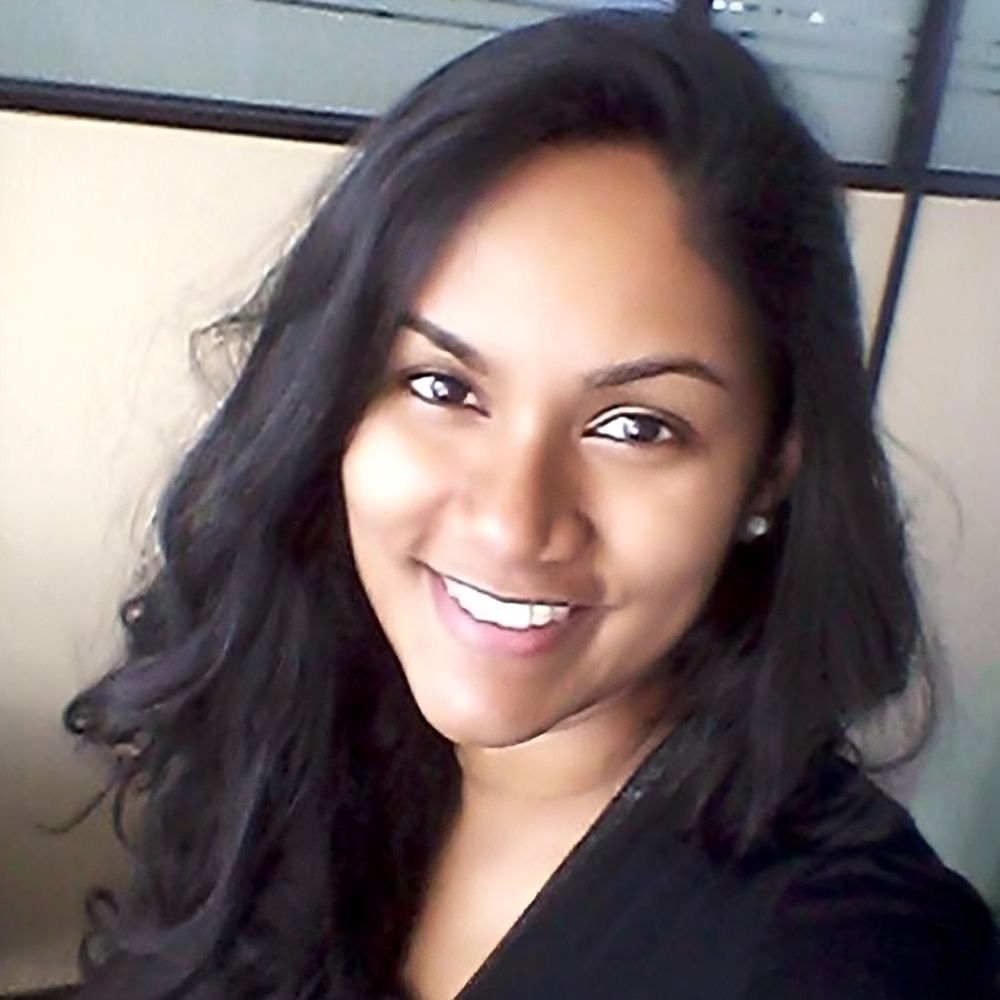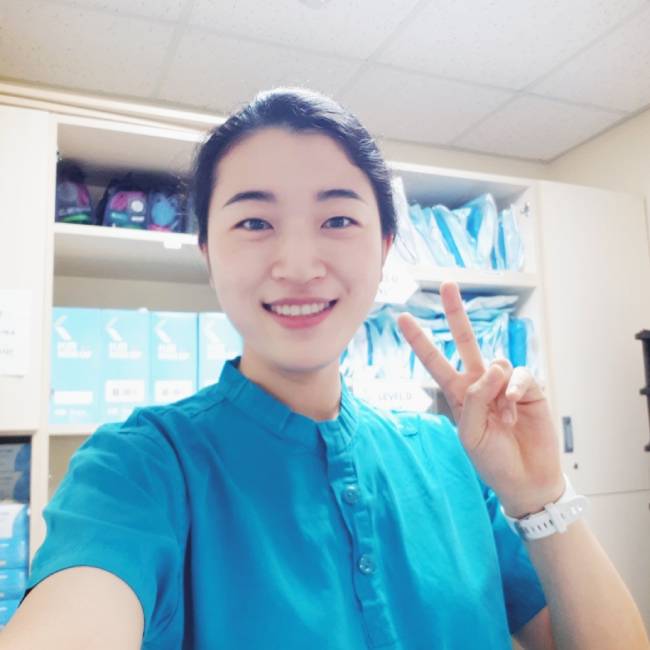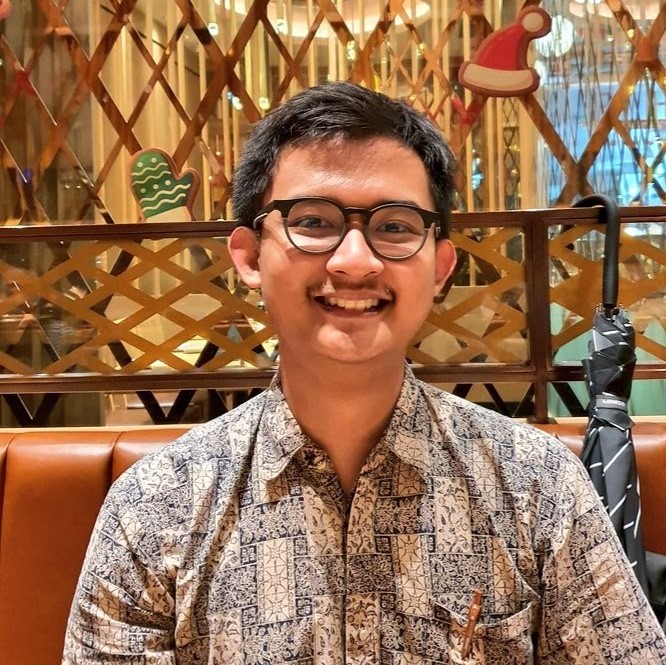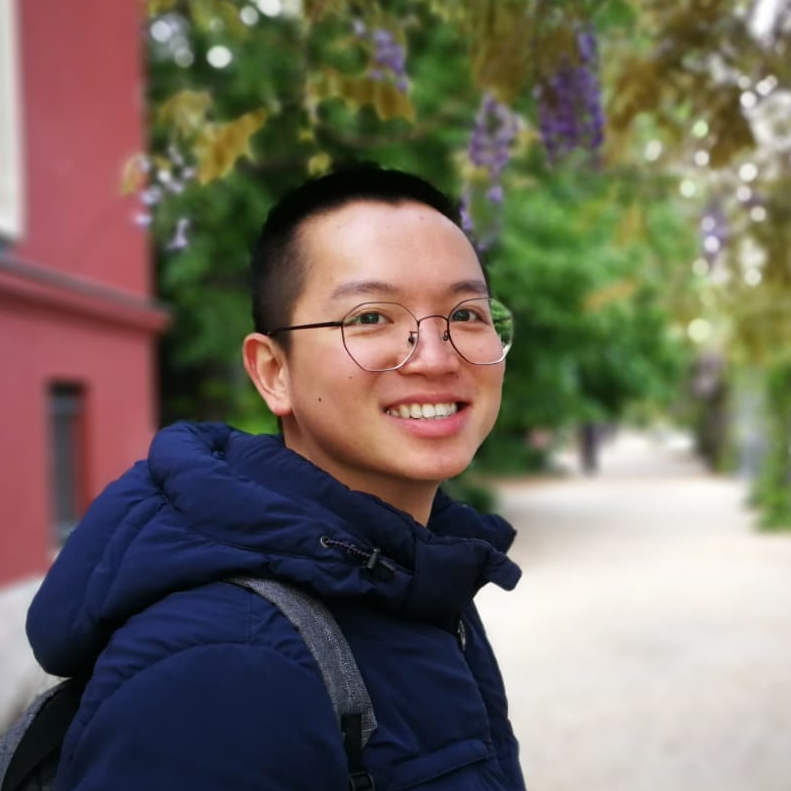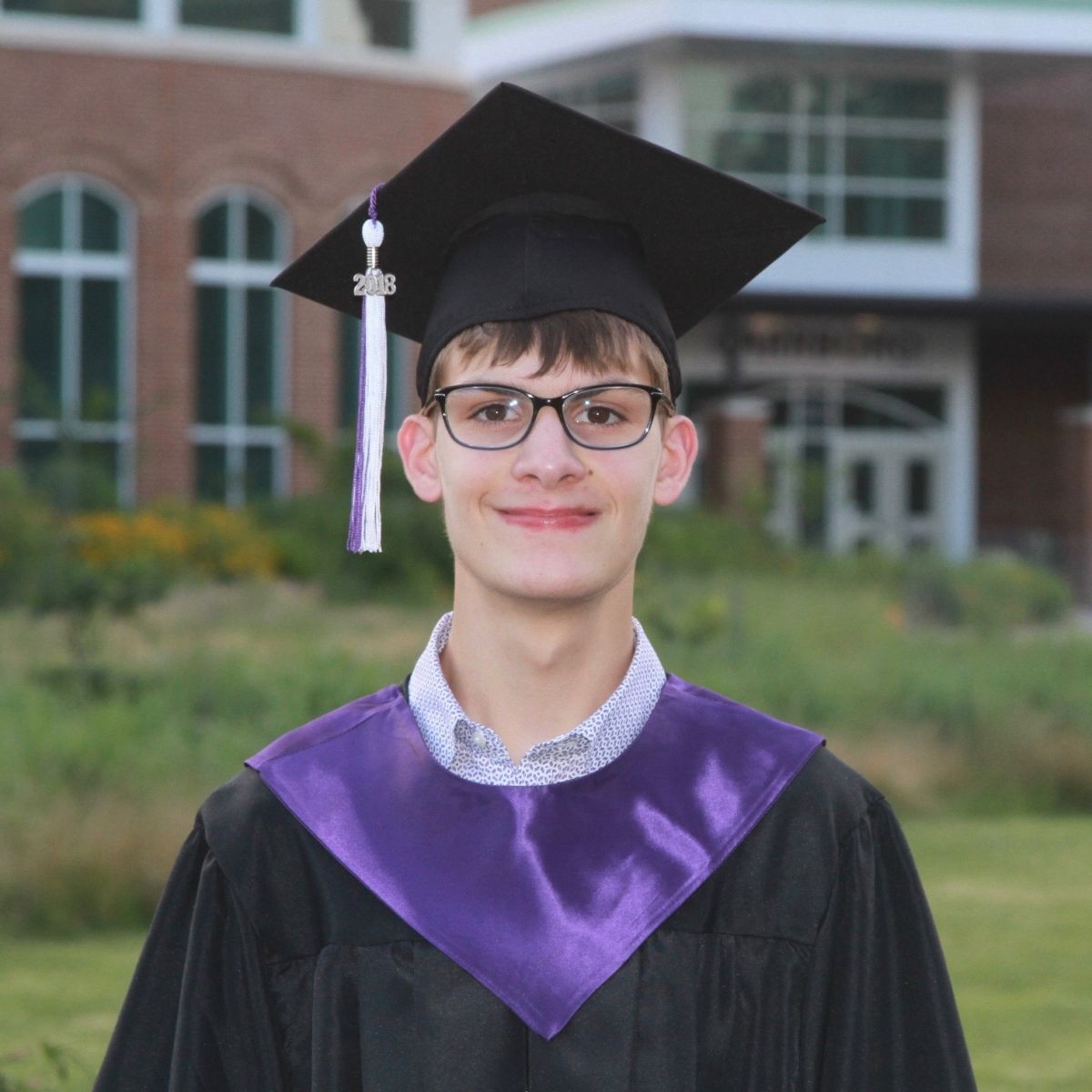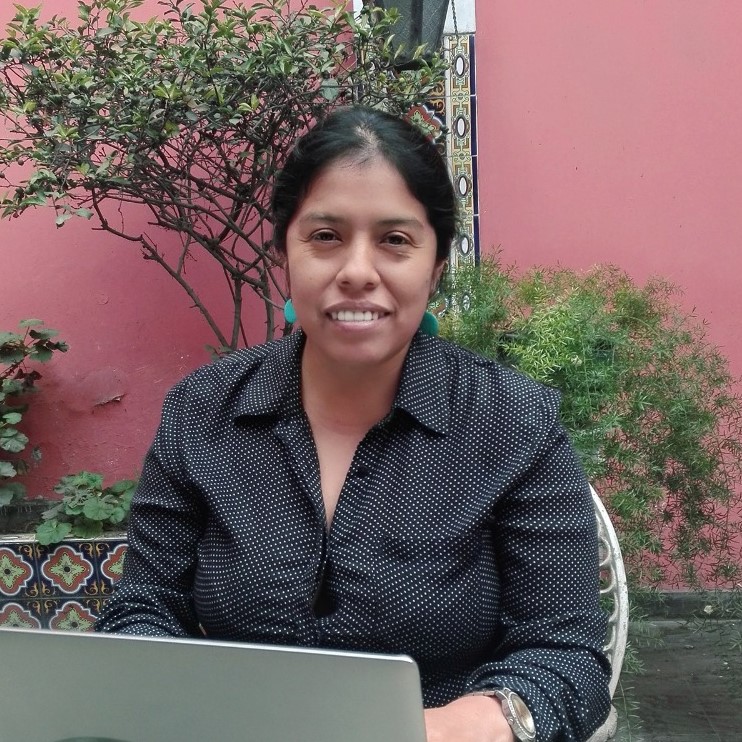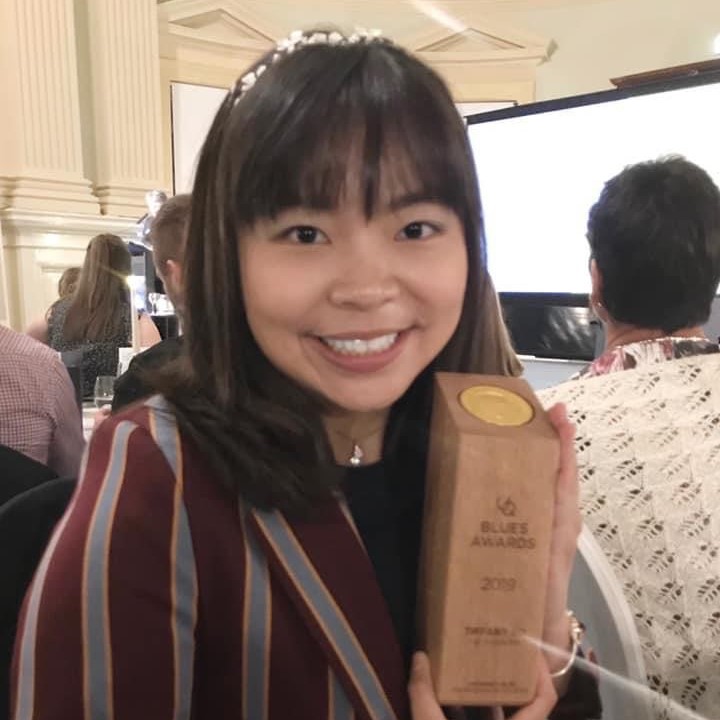La tecnica di Feynman per l’apprendimento
Come fisico, ammiro il fisico teorico americano Richard Feynman, che per studiare ha usato un metodo di apprendimento personale. Si tratta della cosiddetta ‘Tecnica di Feynman’, che consiste in quattro step ripetitivi, denominati studia, insegna, colma le lacune e semplifica.
Sri Lanka, Southern Asia
Story by Chathurıe Nıluka Nupearachchı. Translated by Daniela Pratesi
Published on September 17, 2022.
This story is also available in 

Come fisico, ammiro il fisico teorico americano Richard Feynman, che per studiare ha usato un metodo di apprendimento personale. Si tratta della cosiddetta ‘Tecnica di Feynman’, che consiste in quattro step ripetitivi, denominati studia, insegna, colma le lacune e semplifica. Il suo metodo mi è stato molto utile quando ero studente di fisica. Spiegherò nel dettaglio come ho applicato quegli step, in modo che anche voi possiate usare la stessa tecnica se volete.
Il primo step è semplice – ho scelto un argomento di mio interesse e ho cominciato a studiarlo. In questa fase, è necessario suddividere l’argomento nei suoi componenti principali e cercare di comprendere a fondo il quadro generale. Questo è quello che ho fatto io nella sezione Meccanica della fisica classica. In questo caso, ho imparato i teoremi, i principi e le formule di base della Meccanica fino a quando non sono riuscito a insegnarli ad altri.
Nel secondo step, ho insegnato Meccanica all’università. Gli studenti mi hanno dato feedback e mi hanno fatto domande, aiutandomi a identificare le lacune delle mie conoscenze. Nei miei giorni da laureando, ho insegnato con grande piacere la Meccanica e altre sezioni della fisica agli studenti del terzo anno e ad amici della stessa età. Ho affinato i miei metodi di insegnamento quando sono diventato docente. Nel mio ruolo attuale, devo saper spiegare gli obiettivi della materia oltre alle regole e alle strategie di base per la comprensione dell’argomento. Se non ho studenti a cui insegnare, posso comunque far lezione a un pubblico immaginario.
Una volta entrato nel mondo dell’insegnamento, ho identificato le lacune delle mie conoscenze (perché non siamo perfetti). Il terzo step della Tecnica di Feynman prevede di concentrarsi sui propri punti deboli e trasformarli in punti di forza. Per prepararmi all’insegnamento della Meccanica, sono tornato ai fondamentali e ho studiato proprio quello che avevo ripetutamente trascurato. Così ho cominciato a comprendere a fondo le basi e le applicazioni della Meccanica.
L’ultimo step è la semplificazione. Cercare di spiegare la materia a studenti giovani con un vocabolario semplice è stato molto utile. E spiegare la Meccanica a uno studente che aveva pochissima conoscenza dell’argomento è stato impegnativo, ma necessario per il mio apprendimento. Grazie a questo step della Tecnica di Feynman, sono riuscito a padroneggiare le mie capacità comunicative in modo da impartire informazioni rilevanti sulla Meccanica a un pubblico target. Suddividere un’idea complessa nelle sue forme più semplici è più facile a dirsi che a farsi. Come disse Albert Einstein, “Se non lo sai spiegare a un bambino di sei anni, vuol dire che non lo sai”.
Dopo oltre dieci anni di esperienza nel settore dell’istruzione avanzata, provo tristezza per gli studenti universitari dello Sri Lanka che ho conosciuto nel corso della mia carriera. Quasi tutti gli studenti universitari che ho incontrato si sentono frustrati, irritati e preoccupati dalle incertezze del futuro, specialmente dopo la pandemia da Covid. Poiché il loro sistema di istruzione avanzata è tutto basato sugli esami, questi studenti sono costantemente sottoposti a pressione e competizione, continuamente subissati di compiti, esami, progetti di laboratorio e lezioni. Anche dopo la laurea, pochi degli studenti con cui mi capita di parlare sono soddisfatti del lavoro e delle sfide della vita che arrivano con la maturità.
Ho cominciato a usare il metodo di Feynman per divulgare la fisica tra gli studenti universitari a cui ho insegnato nel corso della mia carriera.
Continuo a chiedermi perché gli studenti universitari cingalesi non possano vivere in modo produttivo e divertirsi nello stesso tempo. Credo che a quasi nessuno di loro piaccia quel metodo di apprendimento, a cominciare dall’infanzia. E’ ora di cambiare la percezione degli studenti tramite nuove tecniche di apprendimento. Credo che il metodo di Feynman possa aiutarli a imparare in modo piacevole. E’ per questo che ancora lo uso ancora nel mio lavoro di fisico, a dimostrazione del mio slogan sull’insegnamento: “Con la fisica, la vita è più bella!”. Spero che tutti gli amanti della fisica siano d’accordo con me. In altre parole, sono risolutamente deciso ad avvicinare sempre più studenti al mondo della fisica, in modo costruttivo. Che Dio me la mandi buona!
How does this story make you feel?
Follow-up
Do you have any questions after reading this story? Do you want to follow-up on what you've just read? Get in touch with our team to learn more! Send an email to [email protected].
Talk about this Story
Please enable cookies to view the comments powered by Disqus.
Subscribe to our Monthly Newsletter
Stay up to date with new stories on Correspondents of the World by subscribing to our monthly newsletter:
Other Stories in Italiano
Explore other Topics
Get involved
At Correspondents of the World, we want to contribute to a better understanding of one another in a world that seems to get smaller by the day - but somehow neglects to bring people closer together as well. We think that one of the most frequent reasons for misunderstanding and unnecessarily heated debates is that we don't really understand how each of us is affected differently by global issues.
Our aim is to change that with every personal story we share.
Community Worldwide
Correspondents of the World is not just this website, but also a great community of people from all over the world. While face-to-face meetings are difficult at the moment, our Facebook Community Group is THE place to be to meet other people invested in Correspondents of the World. We are currently running a series of online-tea talks to get to know each other better.











